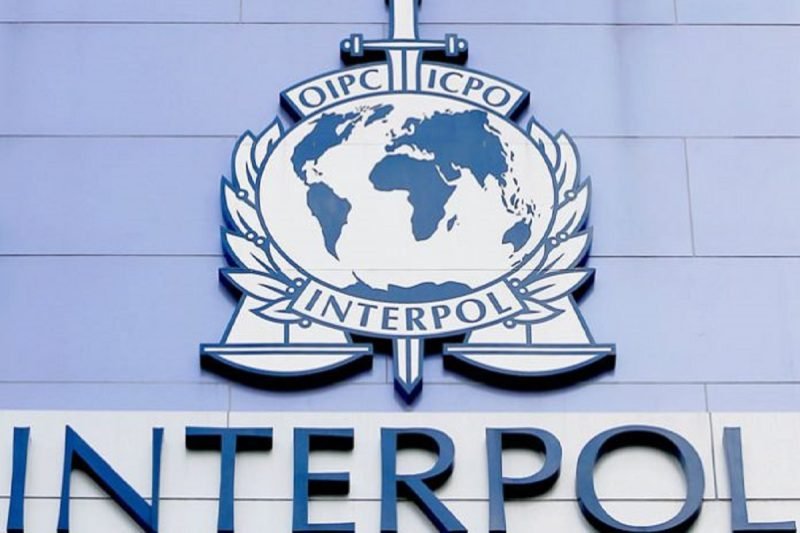German Federal government wants to develop a better cooperation with Interpol to protect its citizens and refugees from the persecution of Turkish government under the rule of autocratic President Recep Tayyip Erdoğan.
According to reports by German media outlets WDR and Süddeutsche Zeitung, Germany’s Federal Criminal Police will inform Interpol in case if there are any doubts about the legality of a search warrant of another Interpol member state.
Turkey occasionally puts the alleged members of the Gülen movement, opposition Kurdish figures, dissenting activists and journalists who live in Europe, to the wanted list of Interpol.
Interpol warrants have also been issued in Spain. Turkish-German journalist Doğan Akhanlı was detained while on vacation in Spain on August 9, 2017. The journalist has lived in Cologne since 1992 where he writes about human rights issues, particularly the Armenian Genocide, which Turkey denies.
Turkey charged Akhanlı with armed robbery which supposedly occurred in 1989. After the charges were brought against him in 2010 and he was acquitted in 2011, the Supreme Court of Appeals overturned his acquittal and a re-trial began. Akhanlı faces “life without parole”.
Two weeks later, Interpol removed the warrant and Akhanlı was released. The decision was made after German chancellor Angela Merkel denounced the abuse of the Interpol police agency: “It is not right and I’m very glad that Spain has now released him. We must not misuse international organisations like Interpol for such purposes.”
Markel claimed Erdoğan’s use of the international agency for political purposes was “unacceptable”.
Akhanlı’s detention came two weeks after Turkish journalist Hamza Yalçın was detained on August 3, 2017 at El Prat airport in Barcelona, where he was vacationing. He holds a Swedish passport and has sought asylum there since 1984. Yalçın is being accused of “insulting the Turkish president” and spreading “terror propaganda” for Odak magazine of which he was the chief columnist, according to a report by Evrensel.
Turkey’s recent continued persecution of journalists through Interpol also reached as far as Germany. A Turkish prosecutor has requested the Turkish government issue a red notice through Interpol though it is unclear if it went through. On September 28, 2017, the Diyarbakır Chief Prosecutor’s Office filed an application to seek an Interpol red notice for Can Dündar, the former Editor-in-chief of Turkey’s anti-regime newspaper, Cumhuriyet. The demand for a red notice is based on a speech made by Dündar in April 2016, supposedly supporting the “terror propaganda” of the outlawed Kurdistan Workers’ Party (PKK). Dündar fled Turkey for Germany in 2016.
The Turkish government’s blatant abuse of the International Criminal Police Organization (Interpol) to persecute, harass and intimidate critics and opponents is much worse than one can imagine, a research by Stockholm Center for Freedom (SCF), an advocacy group that tracks rights violations in Turkey, has revealed.
“The dubious and false charges filed by Turkey through Interpol to hunt down legitimate critics of Turkey’s autocratic President Recep Tayyip Erdoğan have in some cases succeeded in extraditing people from abroad, subjecting returnees to torture and ill treatment in notorious Turkish prisons. In other cases, people were stranded in third countries while travelling and were forced to fight the forcible return as they remained in detention facilities,” said the SCF report.
Leading NGOs, such as Fair Trials in the UK, the New York-based Human Rights Watch, and Reporters Without Borders in Paris, have also urged the Interpol to weed out abuses.
















